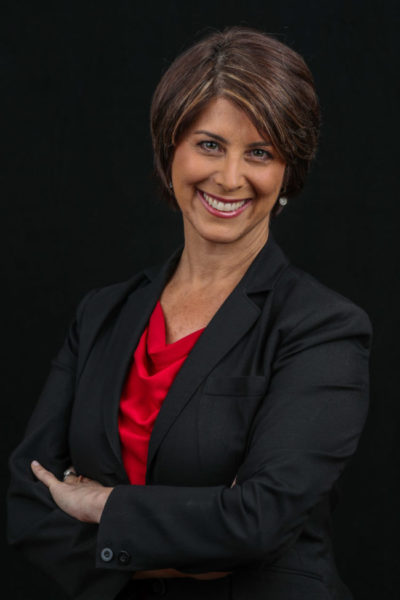Closed courtrooms, shuttered schools and intense social isolation measures are putting added stress on our state’s child welfare system and the vulnerable children and families it serves.
By Candice L. Maze | Daily Business Review – April 16, 2020 at 10:11 AM

As a global pandemic unfolds, financial markets endure historic volatility, and data indicates that South Florida is in the throes of a recession. Yet our community must not overlook the needs of nearly 34,000 children in Florida’s foster care system. Closed courtrooms, shuttered schools and intense social isolation measures are putting added stress on our state’s child welfare system and the vulnerable children and families it serves.
Research shows that economic slowdowns cause an uptick in child abuse and neglect. The rate of reported child neglect cases in the United States increased 21.6% during the Great Recession, according to federal statistics. Studies of that time period also document heightened risk of domestic violence against mothers, which can adversely affect the physical and mental health of their children. Meanwhile, “stay- at-home” orders are keeping children away from the watchful gaze of teachers, who report an estimated 20% of child abuse and neglect incidents.
Prior to the coronavirus outbreak, Miami-Dade County’s child welfare system, like many around the country, faced significant turnover rates among case managers and a deficit of foster parents. Now, overworked case managers face the added challenge of ensuring children’s safety through front-yard home visits. Parents and children must adapt to “visitation” by telephone and therapeutic services via video conference. Likewise, foster parents are struggling to balance remote work with caring for children in their care, many of whom have special needs and require extra attention.
With the dependency division starting virtual child welfare proceedings this week, after a month of handling only emergency hearings, most foster children have not had the benefit of judicial oversight for nearly a month, and hearings on potential adoptions and reunifications have been delayed.
Fortunately, our community is home to a robust network of nonprofits that provide a safety net for children and families, which is especially critical when government agencies and entities are stretched thin in times of crisis.
For more than 30 years, Florida Foster Care Review (FFCR) has partnered with community volunteers and like-minded organizations to advance the safety, stability and success of foster care children by connecting them to essential services, supportive relationships and permanent families.
Through FFCR’s citizen review panels and permanency roundtables, a team of 21 staff and more than 70 volunteers assists dependency court judges and case managers in addressing the unmet needs of Miami-Dade’s nearly 2,000 foster children. These programs apply a holistic layer of oversight that considers everything from medical care and education, to mental health and employment. The end goal is for children to exit foster care by joining a lifelong family.
Like all organizations serving children and families, FFCR is now navigating additional layers of complexity due to the pandemic. Our team has adapted FFCR’s service delivery model to comply with social distancing measures while still helping those in need—including hosting virtual citizen review panel hearings through secure video conferences—and exploring creative fundraising strategies to replace events that are no longer possible.
Beyond improving lives, nonprofits such as FFCR are critical to our economy. U.S. nonprofits employ 12.3 million people and account for more than 10% of the nation’s private workforce. These organizations spend nearly $2 trillion annually, with $826 billion going to salaries, employee benefits and payroll taxes, according to the National Council of Nonprofits.
As financial pressures mount and government funding is redirected to the pandemic, state and local policymakers must continue prioritizing the safety and well-being of children in foster care by preserving funding for the organizations and agencies that serve them.
Candice L. Maze is an attorney and executive director of Florida Foster Care Review, a nonprofit in Miami-Dade County that ensures children and young adults in foster care have a nurturing family, a safe place to call home and the opportunity to fulfill their potential.
SOURCE: https://www.law.com/dailybusinessreview/2020/04/16/nonprofits-step-up-as-courts-overseeing-foster-care-system-go-virtual/

